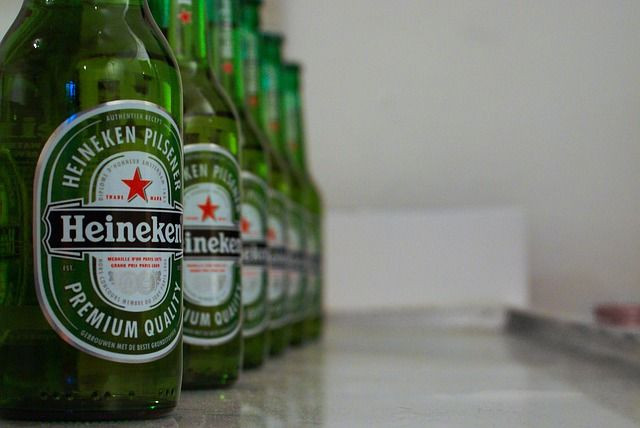Alcoholism In The Family: People With Relatives Who Abused Alcohol More Likely To Remember Painful Hangovers
Hangovers are horrible, but the lingering memories of the pain and embarrassment associated with the night before can be even worse. A new study suggests that the ability to vividly remember a hangover, sometimes even months after you’ve made a full recovery, isn’t linked to how much you drink, but rather who is in your family. According to the research, people with a family history of alcoholism may be more likely to vividly remember a debilitating hangover than those with more sober relatives.
The study, now published online in the journal Psychopharmacology, found that individuals with alcoholism in their family background are able to recall more frequent hangover symptoms than individuals without a family history of drinking problems. What’s more, this trend remained, even when the researchers took into account how much the volunteers drank.
Read: Teen Drinking: Researchers Find Genes Linked To Impulsivity And Alcohol Abuse In Adolescents
For the study, the team asked 142 individuals, including 24 who had a family history of drinking problems, to complete a survey about their hangovers in the past year. This survey soon revealed that individuals with a family history of alcoholism had a clear advantage in their ability to remember the symptoms of their hangovers.
"Taken together with findings from prior research it appears that people who are predisposed to develop problem drinking are no more susceptible to developing a hangover after a night of alcohol than people who are not predisposed,” explained lead study author, Dr .Richard Stephens from Keele University in England, in a recent statement. “However, we found that such people appear to remember their hangovers more lucidly.”

Alcohol abuse is a serious problem, as it's linked to around 30,722 accident- and homicide-related U.S. deaths a year, in addition to ruining family and social relations. According to the team, this heightened memory of the hangover could be used as an intervention tool to help prevent individuals with a tendency to drink too much from overdoing it.
“Reminding problem drinkers of the negative consequences of incapacitating hangover, for example, letting down family members due to abandoned plans, may help them to manage their alcohol consumption," added Stephens.
A family history of alcoholism may influence more than your ability to remember a hangover; it could also influence your likeliness to develop the condition as well. According to the National Institute on Alcohol Abuse and Alcoholism, people with a family history of alcohol abuse are about four times as likely to develop a problem with alcohol themselves, but this can’t simply be summed up to an “alcoholism gene.” While some research has suggested that certain genes linked to impulsive behavior may increase individual risk for alcoholism, the NIH suggests that a number of environmental factors may also play a role.
Source: Stephens R, Holloway K, Grange JA, Owen L, Jones K, Kruisselbrink D. Does familial risk for alcohol use disorder predict alcohol hangover? Psychopharmacology . 2017
See Also:
Is Alcoholism Genetic? Scientists Discover Link to a Network of Genes In the Brain



























